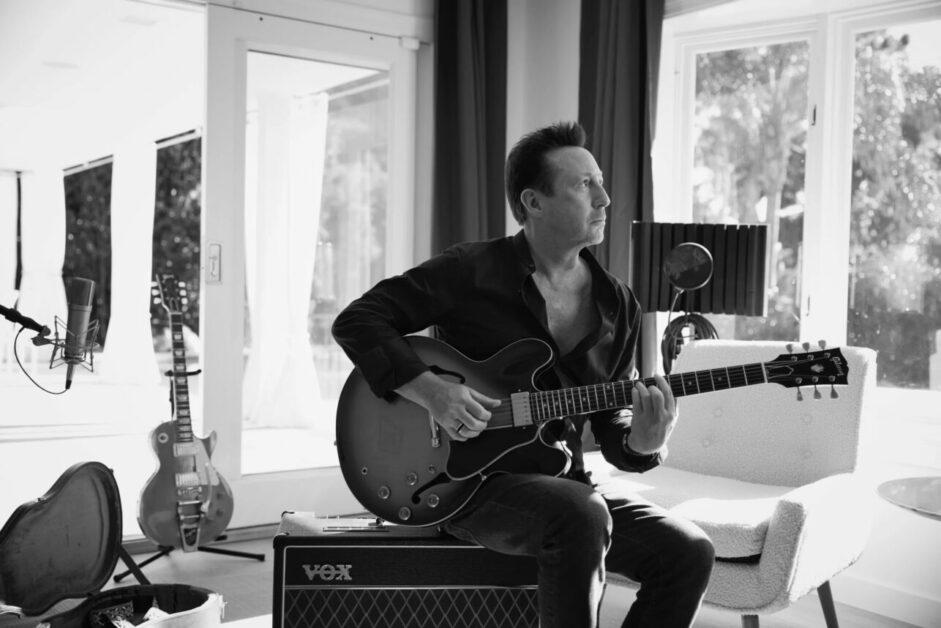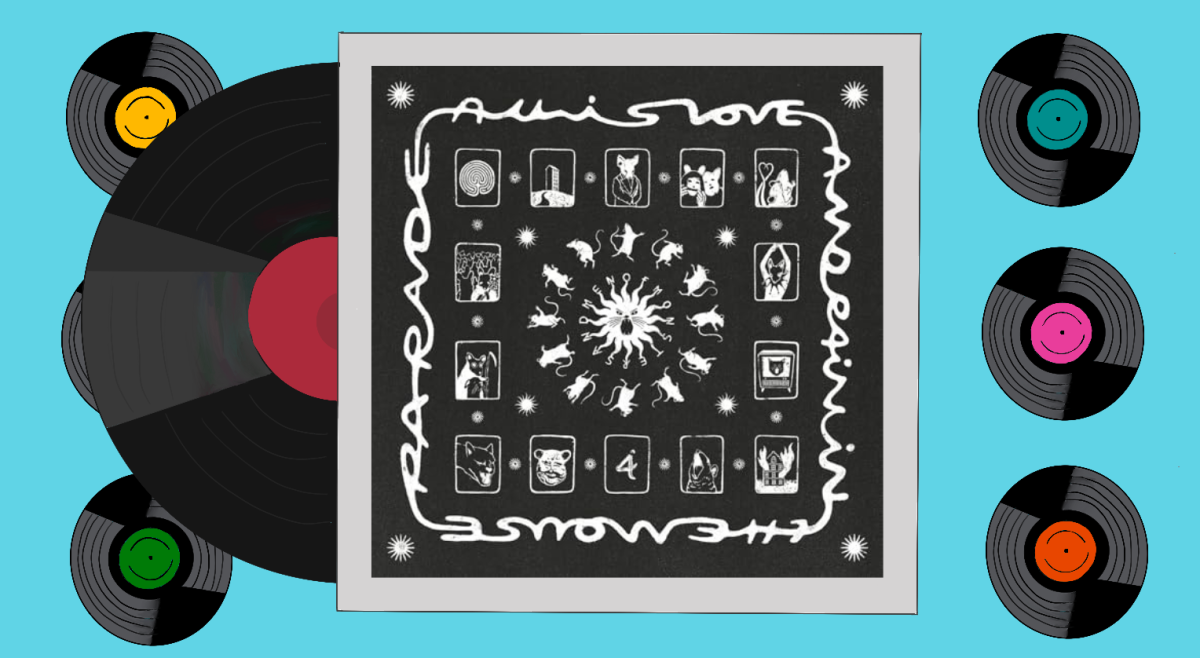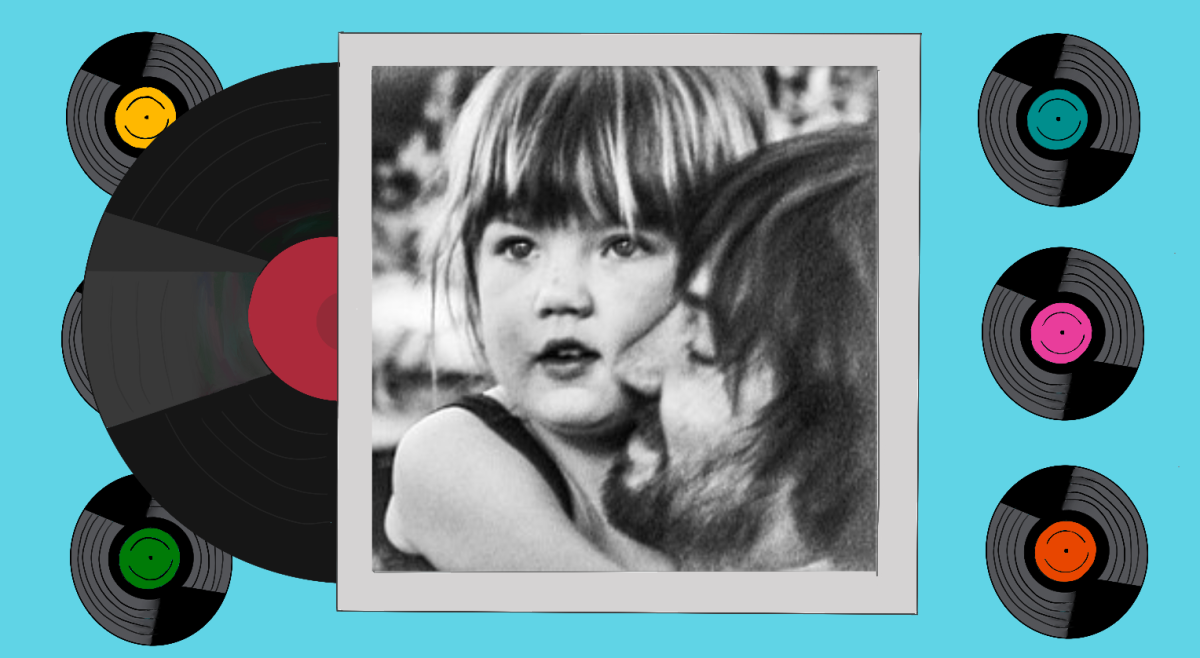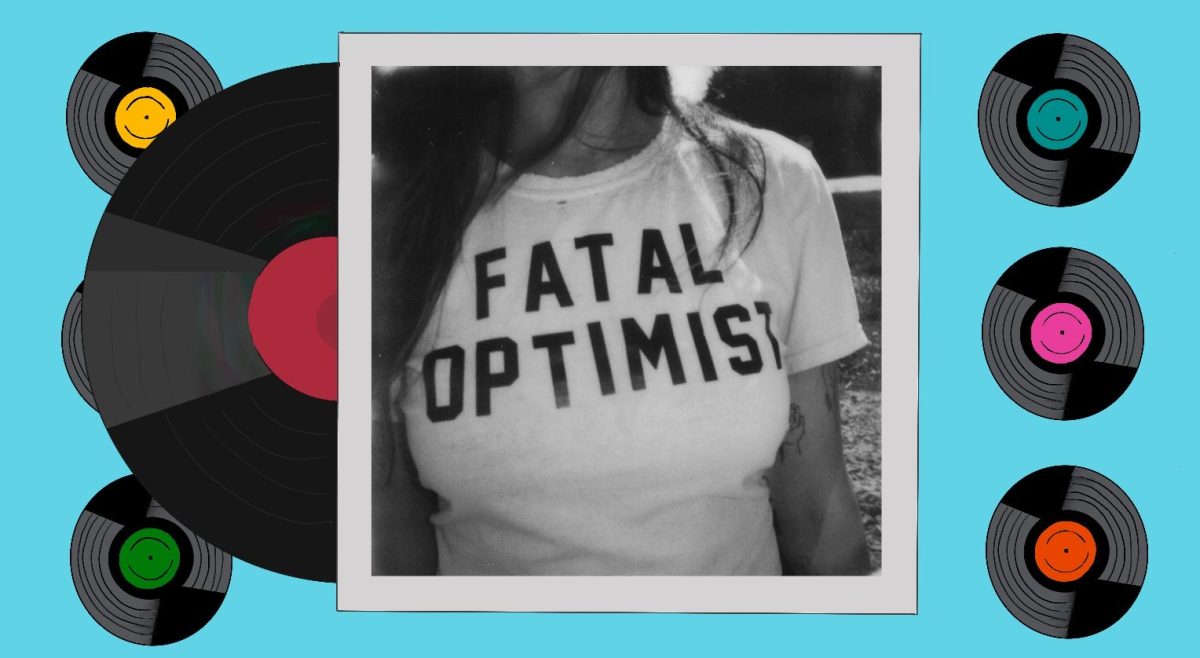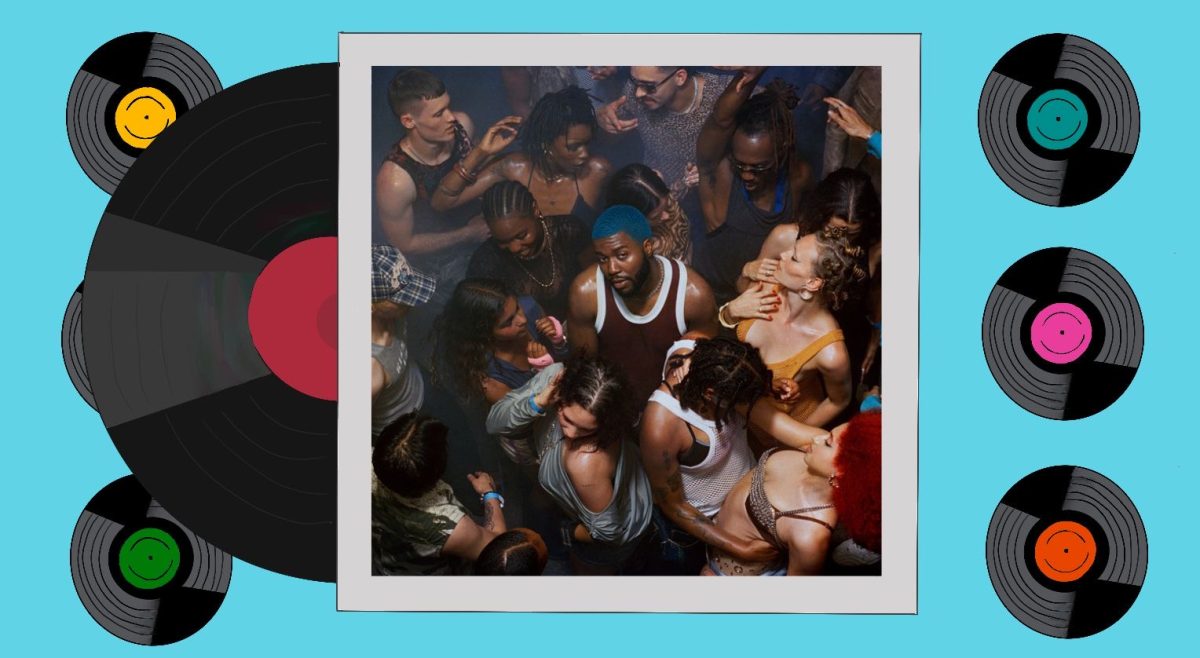Julian Lennon has a big name to live up to. The title of his new album, Jude, is a nod to his father, John Lennon, and The Beatles’ song “Hey Jude.”
Despite a towering legacy, Julian Lennon lives up to his father’s musical mastery in his own unique way. Jude certainly is not a redo of his father’s work. Because his musical style is different from that of his father’s, Lennon has carved out his own niche in the music world. His smooth music adds a new layer to the pop rock label.
When Lennon starts singing on the album’s first track, “Save Me,” you can hear the echoes of his father’s voice, but the rasp and tone of Lennon’s singing are all his own. Lennon’s lyrics are filled with an artfully expressed plea for someone to stay in his life.
“Please tell me, before I reach the end, oh won’t you tell me? / Show me, the light that lives inside, oh won’t you show me?,” Lennon sings.
The album’s standout track “Freedom” has an otherworldly sound, with organ music in the background and the bewitching repetition of the word “freedom,” making it sound like an incantation.
“Freedom” and “Breathe” are reminiscent of the soft tones of Sufjan Stevens’ music. Their ethereal quality and instrumentation are akin to Stevens’ dreamlike synthesizers. Lennon also embraces this state in his lyrics on “Breathe” when he sings about a desire to take a step away from the worries and difficulties of life and take a breath.
Much of the album spreads a message of peace or includes a call to action. “Every Little Moment,” a standout song on Jude, echoes this sentiment. The song discusses how it takes work and commitment for us to reach peace, on it, Lennon’s voice sounds natural and unforced.
“With every little moment / Every little rain drop / Every little sun spot / Can’t you see the war is over / Courage, get a little courage / Find a little backbone,” Lennon sings.
Lennon’s songs have a calm message and strong calls to action. But the songs are slower and piano-heavy, which can make the album drag at points. The final song, “Gaia,” feels like an anticlimactic end to the album with its stripped-down piano track and vocals.
Jude shines in its more surprising and exploratory tracks. Lennon’s voice does well on ballads and some of the songs with faster tempos but can sometimes seem weak when he switches into his falsetto. The album stands on its own both in artistic content and messaging in contrast to John Lennon’s body of work. The direction that Julian Lennon’s Jude speaks to the artist’s imaginative and experimental style.

